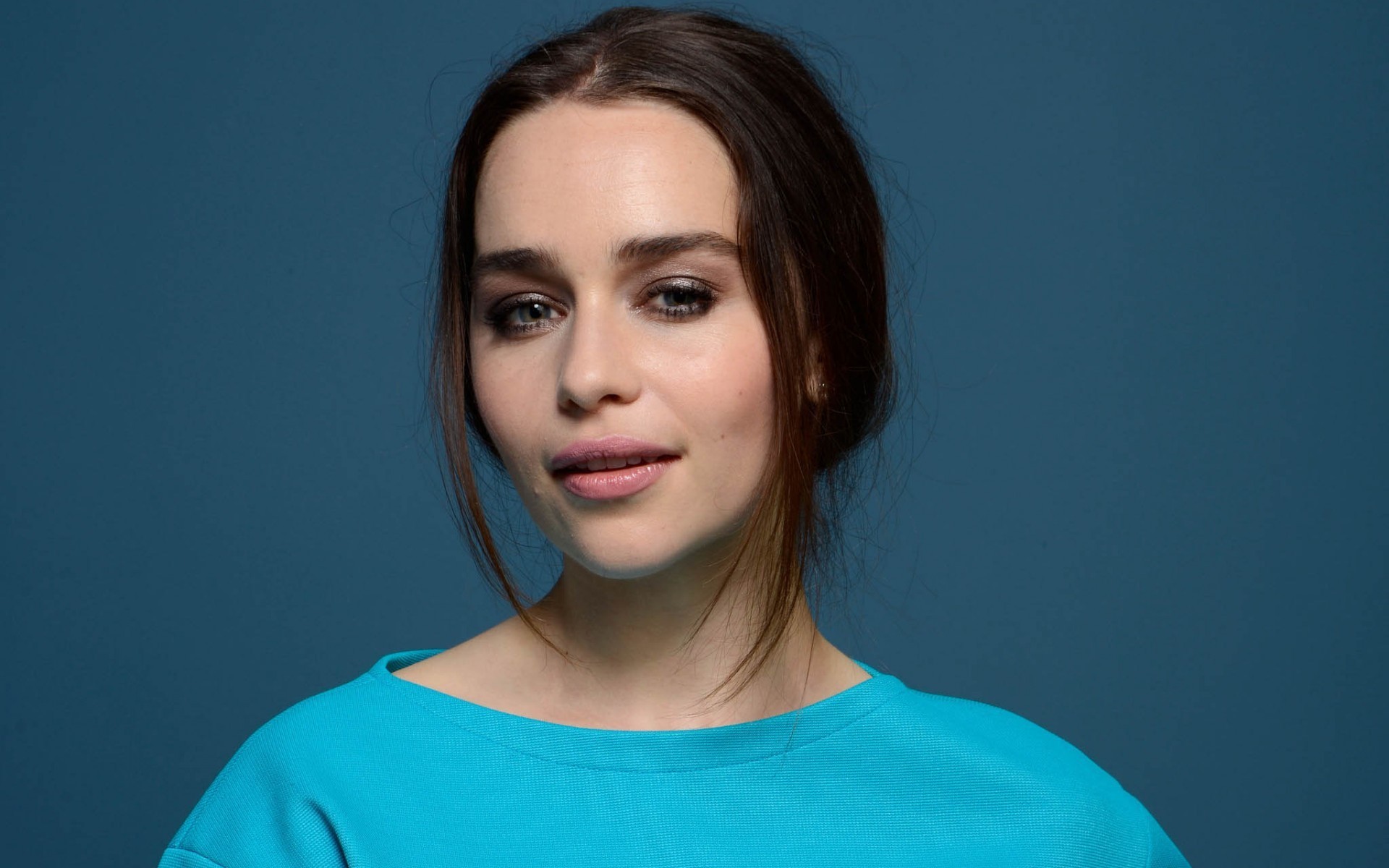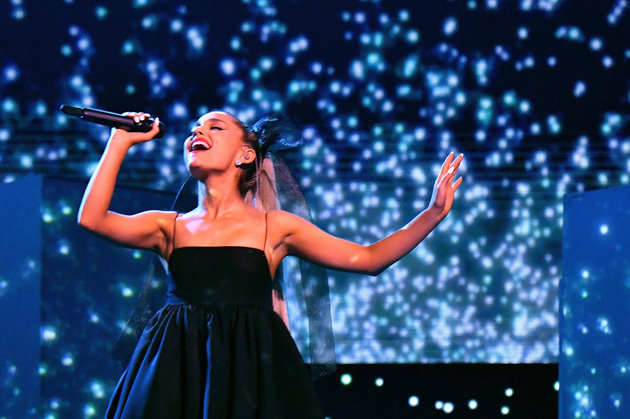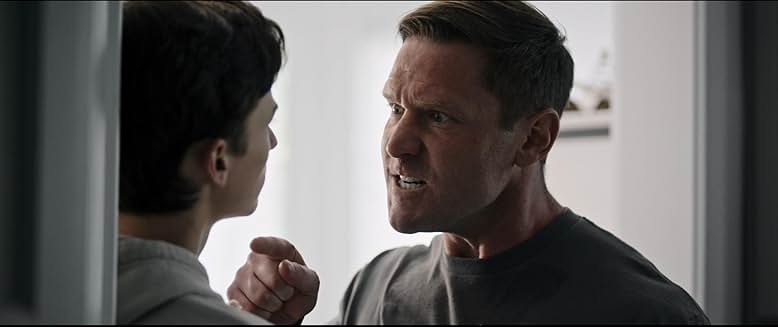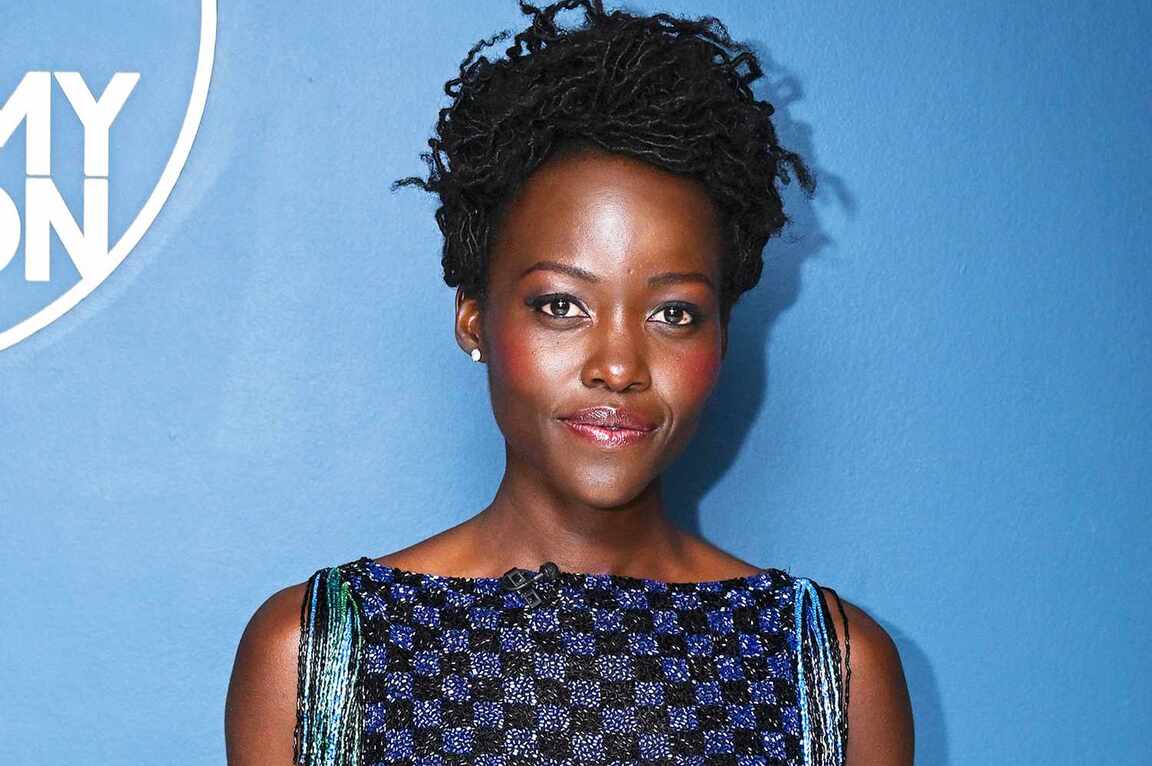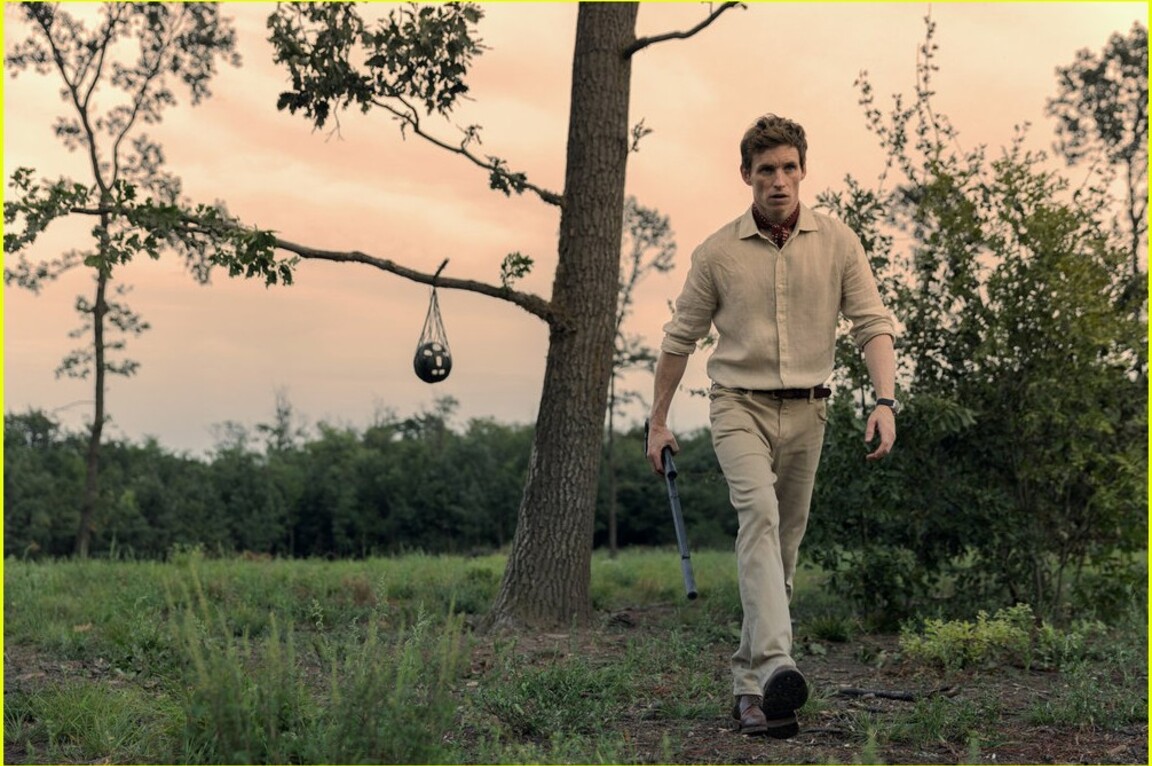Count Dropula from BridgloT Startup Comes As a Savior for Cape Town!
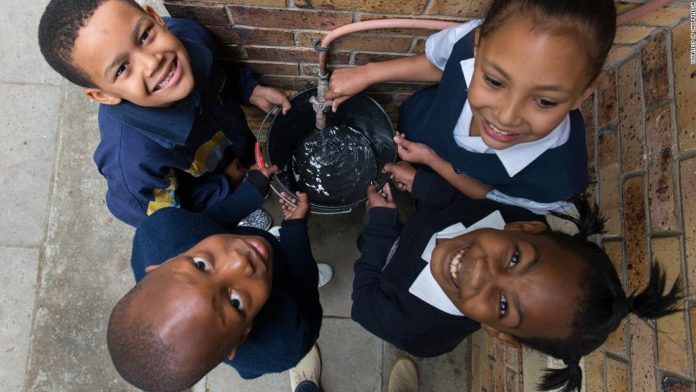
When water was a shortage back in 2018 Cape Town was announced “Day Zero,” and was almost to be the first place to experience drought.
The water levels in the dams started falling short in the western parts of Cape Town and it had happened in 100 years.
A flashback goes were “supplies were dwindling and it just wasn’t raining,” tells associate professor of Stellenbosch’s University Thinus Booysen. So he went on to create a tool actually for saving electricity but he then thought of using the same for water.
When the water crisis began to pop up, Booyson saw it in his daughter’s school and witnessed that their water bill kept soaring. Meanwhile, water was getting used in a larger amount in schools than homes every day.
So, he came up with a new initiative by starting a smart meter that connects the app online called Count Dropula. Through his start-up BridgloT the app would send alerts each minute through phone and emails once installed.
He stated that: “Within minutes, we would be able to notify the school to say, ‘Something has burst, something is leaking.” Further, he noticed that the main problem with few educational places was the leakage of taps which wasted almost 1000 liters of water a day.
He went on to add: “We found that the biggest culprits are things like children not closing taps properly, but often that would be because the taps just don’t close.”
When the app was tested one particular school was able to save 3 million liters within 3 months and one more place went on to save 55% in 4 months. The project became a success and prominent radio Cape Talk and food company Shoprite bankrolled to install this in 350 schools across western Cape Town.
This also brought awareness to students on the importance of water and rainwater harvesting. Further schools went on to save a “huge sum of $2.7 million and 550 million liters of water in 17 months.”
Besides, Thinus has planned to extend hands to government complexes, medical centers, and restaurants all over South Africa and Africa. Apart from this, the startup has also sold devices for “flooding sensors, animal tracking, and electric water heater controllers,” which enable customers to save their pockets on a larger scale.
The startup has not witnessed many profits but it is expected to see it by 2021.

